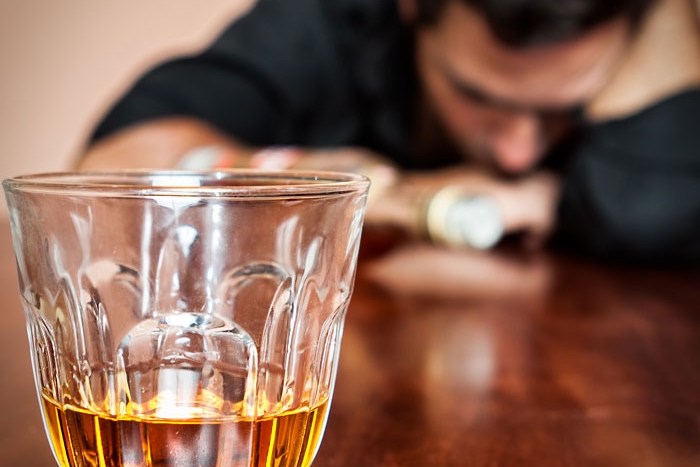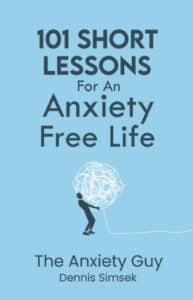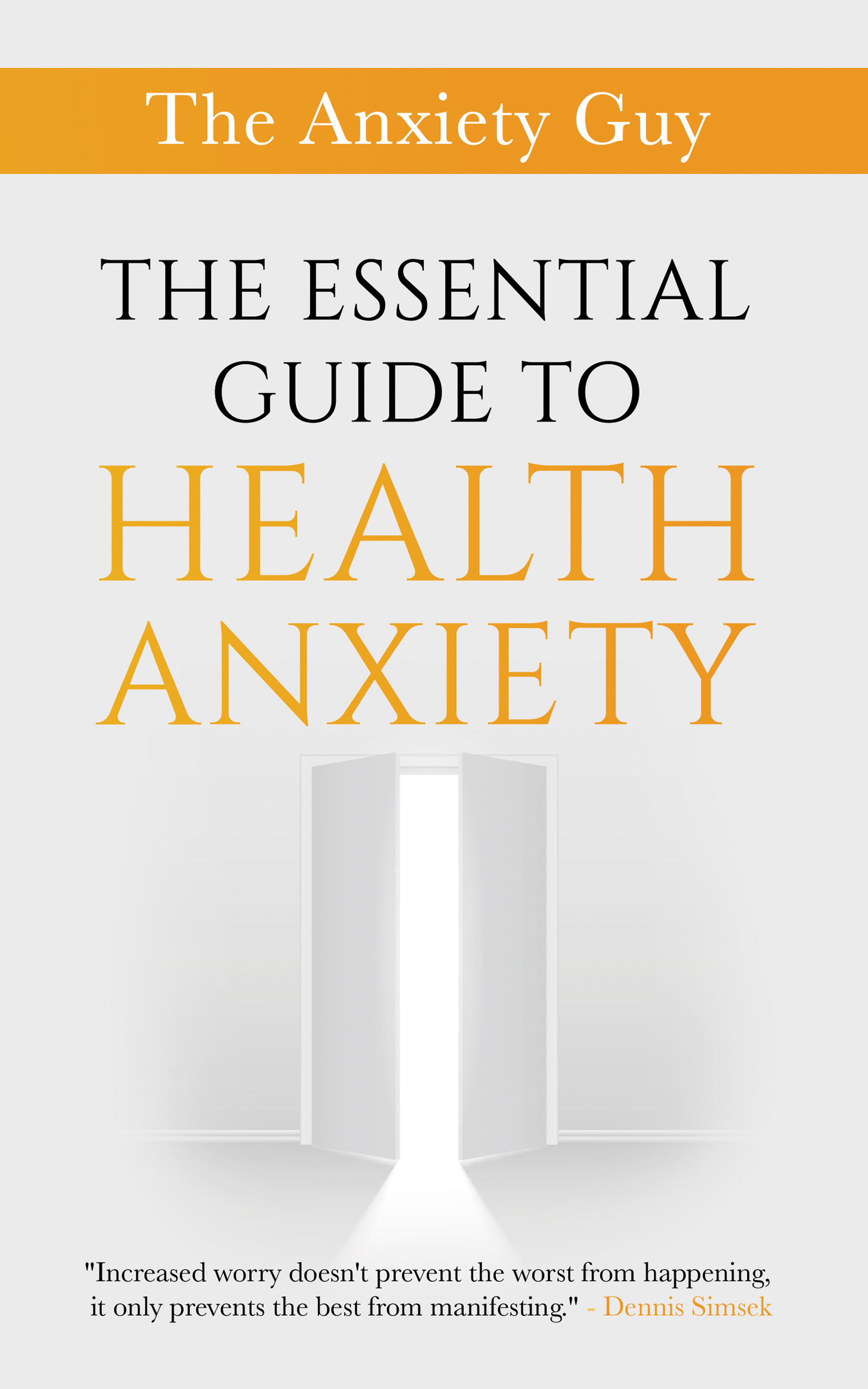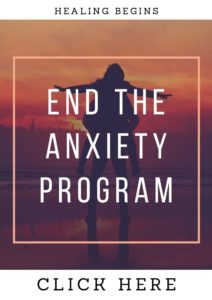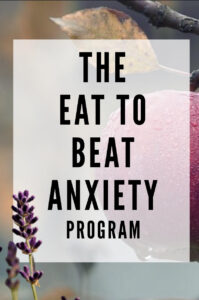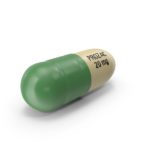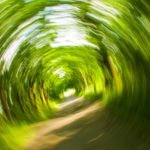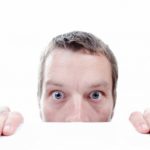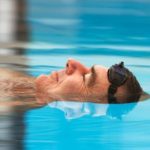“Alcohol Postpones Anxiety, Then Multiplies It.”
Alcohol And Anxiety-Anxiety refers to feeling of fear or worry about an uncertain future. Alcohol works as a sedative and can thus assist in alleviation of anxiety. It helps forget uneasiness and worries and increases confidence at social gatherings. These benefits of alcohol however only last for a short duration.
Alcohol tends to disrupt the balance of varied processes and chemicals in the brain.
Alcohol And Anxiety-The sensation of relaxation that occurs after consuming the first drink occurs due to alcohol induced alterations in the brain. It suppresses that area of brain which helps regulate inhibition. Such effects of alcohol dissipate quickly and the associated pleasant sensations also wear off. People who depend on alcohol to suppress varied anxiety related issues often tend to become dependent on alcohol for all purposes of relaxation.
One of the side effects of alcohol is the fact that tolerance levels tend to increase with higher levels of alcohol intake with decreasing periods of sobriety. Thus, in the long term, individuals will have to drink more alcohol to experience the same sensations of relaxation and alleviation of anxiety. This pattern of alcohol consumption will eventually result in mental and physical health complications.
Alcohol And Anxiety – How alcohol keeps the vicious cycle of anxiety alive
People who suffer from anxiety often have thoughts that one or two drinks can help ease the worry and lead to relaxation. However, the fact of the matter is that alcohol can trigger worsening of anxiety.
Provided below is a description behind the cycle of alcohol and anxiety:
- People feel anxious and drink alcohol to relax
- Alcohol has an effect on the brain and results in a sense of calmness
- After the initial stage of relaxation, the body metabolizes alcohol and eliminates it
- Consequently, the initial phase of calm feelings wear off
- This leads to anxiety which occurs as a side effect of alcohol withdrawal
The manner in which alcohol is processed by the body may have a direct impact on the mood. Once the sedative effect of alcohol fades away, patients may feel anxious, depressed, or experience other symptoms which are similar to feelings experienced by individuals with alcohol dependency.
People then have the urge to drink alcohol once again to alleviate anxiety. This however begins the process mentioned above all over again, thereby completing the vicious circle.
Alcohol And Anxiety – How to prevent worsening of anxiety due to alcohol?
Alcohol And Anxiety-Keep a record of the amount of alcohol that you drink. This will help ascertain different patterns which can be used to avoid anxiety trigger . Compare your drinking habits with the doctors’ or naturopaths guidelines and verify if you are drinking more than the low risk guidelines for drinking. If yes, then reduce the intake of alcohol.
Continue with reduced alcohol intake for 2 or more weeks. The anxiety symptoms will alleviate, the balance of chemicals and different processes in the brain will normalize, and better sleep quality may be observed.
Ready To Begin Your Anxiety Recovery? Begin The #1 CBT Based Program For Getting To The Root Cause Of Your Anxiety Today.
The Anxiety Guy Community Links :
Join the #1 Health Anxiety & GAD support page on Facebook.
Got questions? Ask them on YouTube.
Follow me on Twitter.

